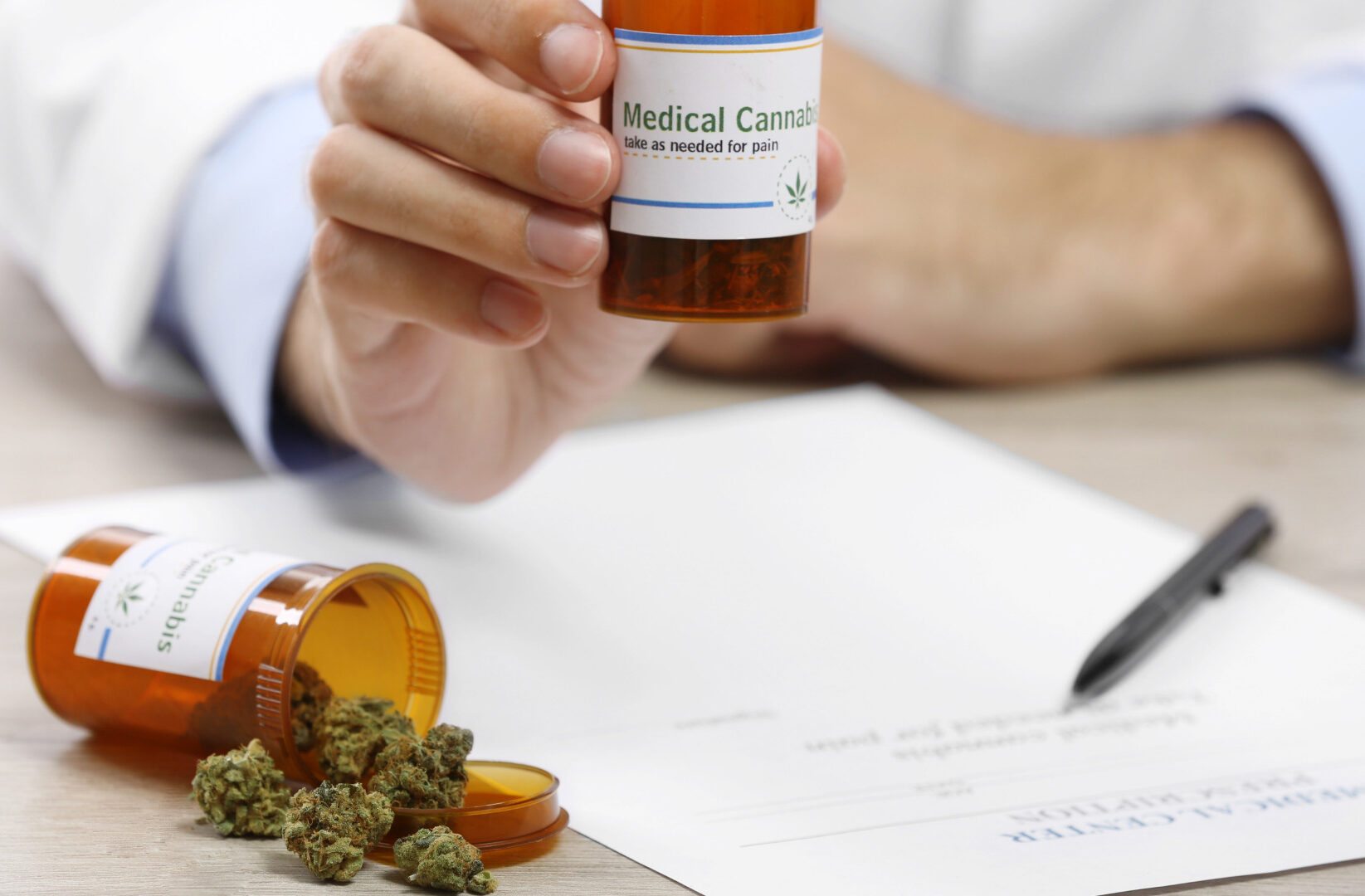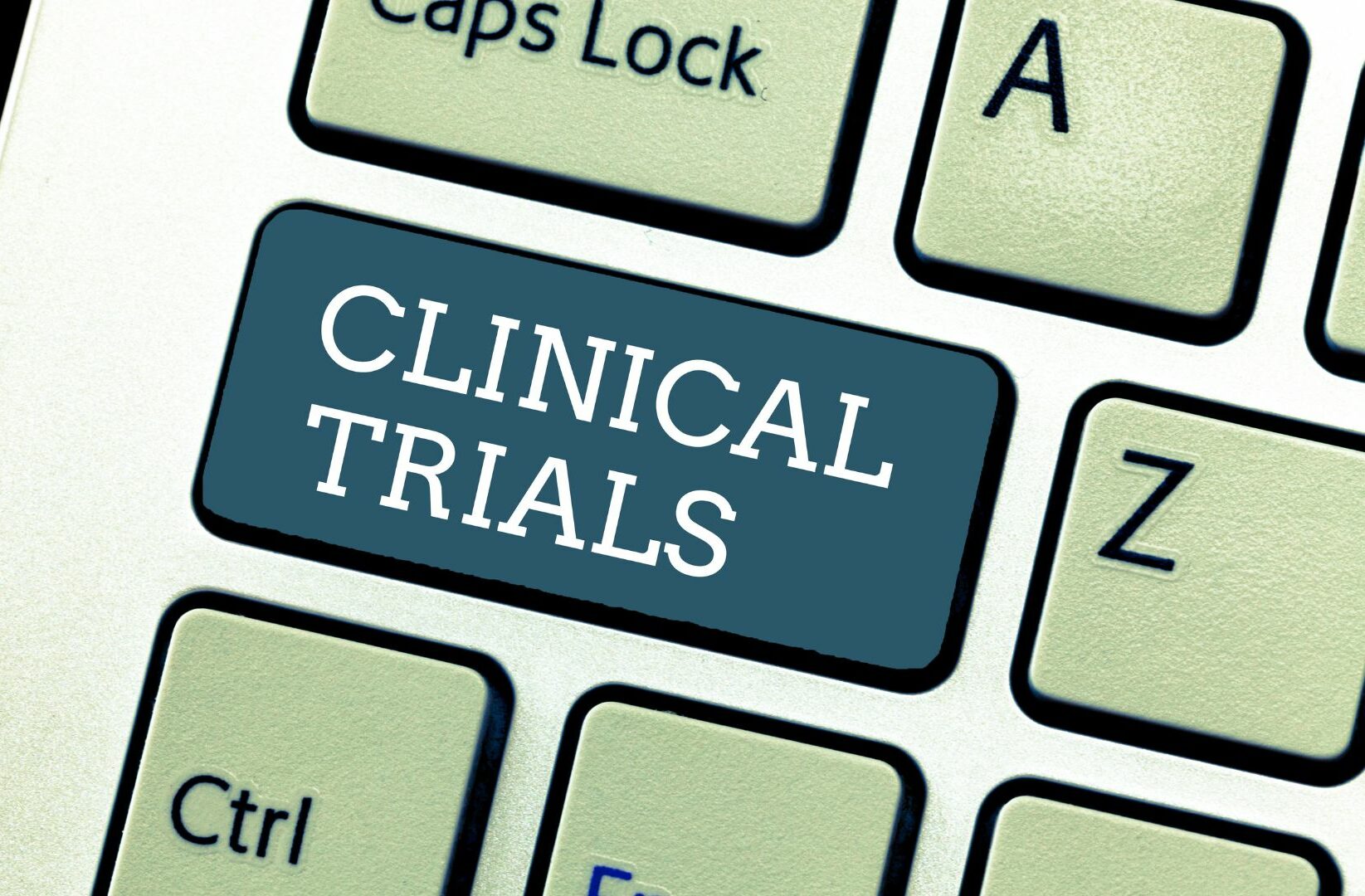Medical Cannabis Research and Development updates in Israel
February 8, 2022 Tsufit Gross, Ph.D.Medical Cannabis Research and Development updates in Israel
February 8, 2022
Tsufit Gross, Ph.D.
The continually-evolving field of medical cannabis in Israel poses challenges on medical cannabis companies and start-ups both due to regulatory ambiguity and due to differences in requirements between countries. By constantly updating regulatory changes and through its range of services, Gsap supports and accelerates dozens of medical cannabis projects in Israel and around the world, including the construction of post-harvest and cannabis production facilities, development of cannabis-based treatments and medical devices, and clinical trials of cannabis-based products.
The article will address:
As part of the actions to promote research and development of cannabis in Israel, applications for licensing and conducting research in the field of cannabis can be submitted to the IMCA as detailed in Procedure 108 - Guidelines for submitting applications for licensing research in the field of cannabis.
The use of cannabis for medical purposes has accelerated in recent years in Israel and many countries around the world. In parallel, there is significant progress in scientific research in the field of cannabis for the purpose of establishing it as a plant with a beneficial effect on a variety of medical conditions. However, due to the status of the cannabis plant as an illegal substance in many countries, there is still a significant lack of evidence-based medical knowledge (EBM) about the mechanism of action of its active ingredients in the human body and about medical indications that can benefit from it.
Promoting evidence-based medicine and encouraging scientific research in the cannabis field are guiding principles in the reform of cannabis medicalization in Israel. Israel is one of the leading countries in the field of cannabis’ research and development and currently holds many studies in various areas: from cannabis plant science, agrotechnology, medical cannabis product development to clinical trials in humans.
The Cannabis Research and Development Committee has been appointed to examine research applications to meet regulatory requirements and consists of a wide range of experts from the fields of regulation, agriculture, life sciences, chemistry, and medicine. The committee meets 4 times a year, once a quarter. Requests for research are discussed by the committee in the order in which they are received. The IMCA makes every effort to discuss all the applications received by the committee close to the date of submission, but it is possible, depending on the submission date, that the application will be forwarded to one of the following meetings.

Research licensing in the field of medical cannabis
Submitting applications for licensing research in the field of cannabis are detailed in IMCA Procedure 108 (last updated on May 2019).
Cannabis research for medical use licensing process involves three stages:
Stage 1: Submitting an application for a feasibility permit for the cannabis research protocol
The application should include the study protocol describing the study background and rationale from the literature, study protocol and methods, study analysis, timelines, measures of Cannabis protection, amount and frequency of use, and additional details depending on the specific research.
Stage 2: Submitting a request for revocation of information that prevents issuing of a license and security clearance
Following approval of the study protocol by the committee, the sponsor must submit information about all stakeholders and employees involved in the cannabis research.
In addition, the research site is required for approval of its security conditions in accordance with IMC-GSP regulation.
Stage 3: Submitting an application for a licensing permit and research that includes contact with cannabis
Following obtaining a security approval for each of the research site, a final formal application will be submitted to the IMCA unit to grant the final authorization for research work with medical cannabis.
Recent updates in the medical cannabis field
● Quality requirements for the production of medical cannabis products - update April 2021 (Procedure 152)
Procedure 152 details the requirements and rules pertaining to the proper production and quality of medical cannabis products. This regulation details the following sections: Medical cannabis manufacturing regulation
● IMC-GMP authorization requirements and regulation
● Medical cannabis testing and labeling requirements
● Medical cannabis specifications
According to procedure 152, cannabis products authorized for production and consumption in Israel must be of the following forms: Medical cannabis inflorescence for smoking
● Medical cannabis oil extract for sublingual administration
● Medical cannabis cookies- for oral consumption
Per each of the forms, there is a range of concentrations of active ingredients (CBD, THC, and CBN) in cannabis products allowed for production and distribution.
Cannabis products, either in other configurations or in a different concentration of active ingredients may be distributed and consumed only after the applicant has demonstrated the safety and effectiveness of the product and it was approved by the IMCA.
On April 2021 an update was issued by the IMCA regarding additional categories of cannabis products approved for production according to IMC-GMP quality procedures [1]
Only cannabis products listed in the table including their API concentration ranges are approved for manufacture, distribution, and medical use. It should be emphasized that all approved cannabis products should be grown, produced, undergo laboratory tests for batch release, transported, stored, and issued only in accordance with the quality requirements of the IMCA as specified in procedures 152 and 154.

Approval of new indications for treatment with medical cannabis
Procedure 105 (updated on May 2019) details the procedures for the Cannabis indication committee. This committee deals with expanding/reducing the number of indications, clinical recommendations, examining ethical rules and pharmacovigilance rules.
In order to approve a new indication for cannabis, a sponsor or a principal investigator must submit a clinical trial application to the Ministry of Health (MOH). The clinical trial must include a sufficient number of patients to draw a conclusion regarding the safety and efficacy of cannabis for treatment in the required indication. A PK results may be warranted based on the specific indication. Due to the wealth of published information related to cannabis safety, preclinical studies are usually not a prerequisite for clinical trials.
Based on a successful clinical trial with a new indication or new formulation, the IMCA 154 and 152 procedures might be updated to capture the new indication or new formulation.
References:
("מ.י. לנדשפט, "מוצרי קנביס רפואי ) Medical Grade Cannab, 2021 - 1
This article was prepared by:

Tsufit Gross, Ph.D.
Pharma and Biotechnology project manager
For more information about our regulation services visit:




